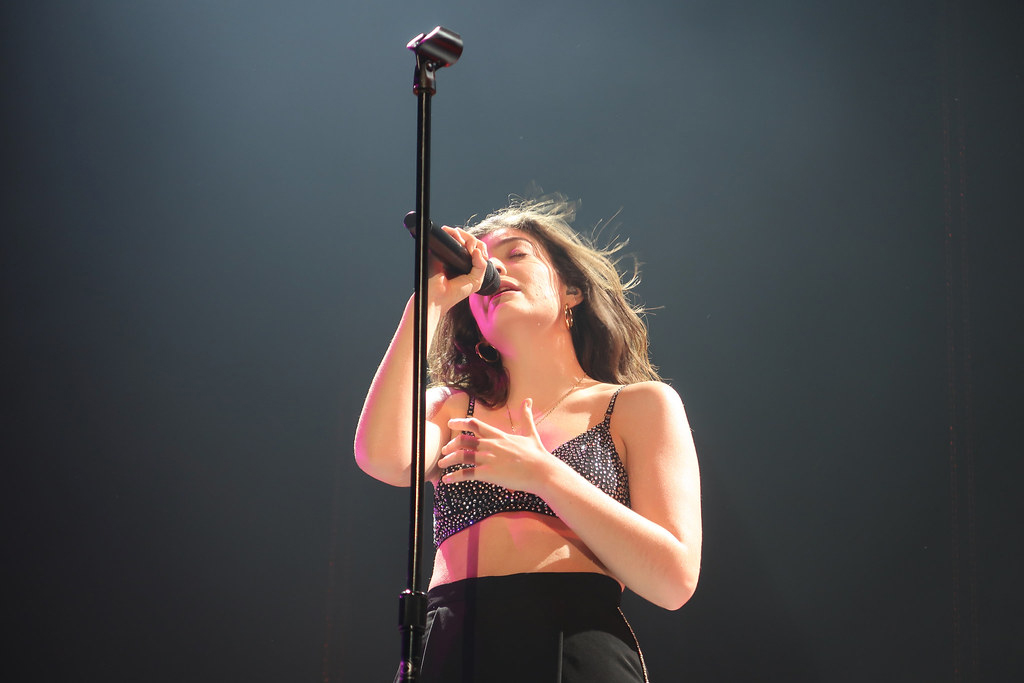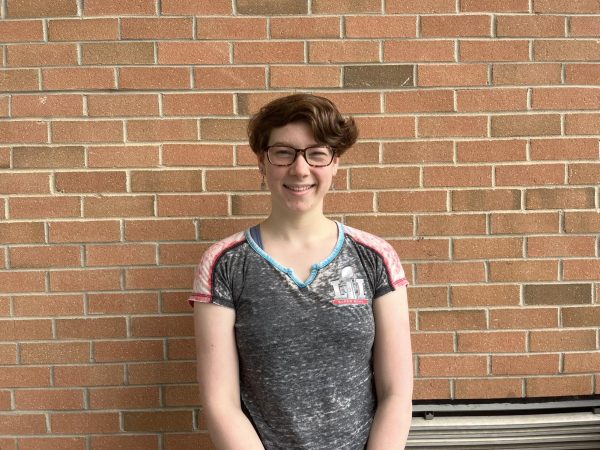
Upper School English Teacher Brian Loo fell in love with literature at a young age. He recalled reading books while walking, eating dinner and attending family gatherings. “Sometimes, late at night, I would sneak into the hallway outside the bedroom I shared with my brother and read by the dim light of the stairwell instead of going to sleep,” he said.
Loo credits his mother with encouraging his love of literature. She found books at the public library for him to read and, in their home, stowed the first 80 books of the Hardy Boys detective series, a series Loo recalled “read[ing] almost all of in a single summer in second grade.”
“I just started telling my mother some elaborate story based on a TV show character, and my mom thought this was so great that she sat down in my father’s office and made me repeat it all so she could type it up,” Loo said.
While Loo had a way with words, he remembers being an inconsistent high school student. One key assignment Loo thinks back on was a book report on “Dante’s Inferno” during his senior year of high school. Struggling with a severe case of senioritis, Loo could not motivate himself to do the report. To prevent disappointing his English teacher “indefinitely,” he instead wrote “a parody of Dante’s Inferno in rhymed couplets.”
“It was my own funny version of Dante’s hell, and I populated it with various celebrities I’d chosen on a whim, each undergoing their own unique form of punishment,” Loo explained. Not only did his teacher accept his work, she asked Loo to read it aloud to the entire class.
Another time, after being pulled from English class and sent to detention for tardiness, he wrote an essay “on the utter hypocrisy of my school claiming to be an institution of learning that deprives students of opportunities to learn by yanking them out of their English classes,” instead of the essay he was supposed to write on punctuality. “I had no idea that the detention hall proctors actually read the essays,” Loo said with a laugh. “If I’d known that, I might have written something different.” When the proctors brought his teacher the essay, expecting him to get punished, she found it so funny that she read it aloud to the class.
After majoring in Arabic and English at UC Berkeley, Loo earned a master’s degree in environmental engineering, leading him to later teach Sidwell’s “Environmentalist Literature” class. After a short career in international development, Loo went back to graduate school again, earning an MFA in creative writing at Rutgers University. To students interested in writing, Loo recommends the experience. “All of the people in my … cohort were talented writers, wonderful people, and generally kindred spirits,” he said. “It was like finding my tribe, or at least one of the many tribes to which I belong.”
Loo’s interest in foreign policy even brought him to Palestine in 2007, where he was a volunteer English teacher for six months with Project Hope, a humanitarian aid organization. With his major in Arabic, Loo could speak the language better than most of the other volunteers in the organization. Living there during the Second Intifada, Loo witnessed recurring violence in the West Bank region where he stayed. While it made his months abroad difficult to talk about, the experience also introduced him to teaching. Even amid surrounding gunfights and abductions, Loo found himself creating lesson plans in the evenings.
“I’ve had a lot of random jobs in my life, but teaching has been the only one I’ve genuinely enjoyed,” said Loo, who started working at Sidwell in 2021. He cherishes the school’s sense of support and community.
“Sometimes I wonder if I’m secretly weirding out students by waving and saying hello to them in the hallway every day,” he said. “It’s probably kind of corny to have your English teacher wave at you when you’re hanging out with a bunch of friends. But I do it because I’m genuinely happy to see old, new, and current students, unless I’m having a grumpy day or something.”
Loo’s appreciation for the school community shapes his teaching philosophy. “I think classes are best when students and teachers have a relationship based on mutual trust and respect, but I think real trust and respect are things that are earned,” he explained. “When I was a high school student, I really disliked when adults presumed to know what was best for me without actually knowing me. So, now that I’m a teacher, I try to remind myself that I have to earn my students’ trust and respect; it’s not an automatic or a given.”
To students, Loo shares this advice: “Figure out what matters to you, figure out who you are as a person, and let that drive you and guide you. But also make time and space for exploration and discovery. There is so much to experience and do.”












































